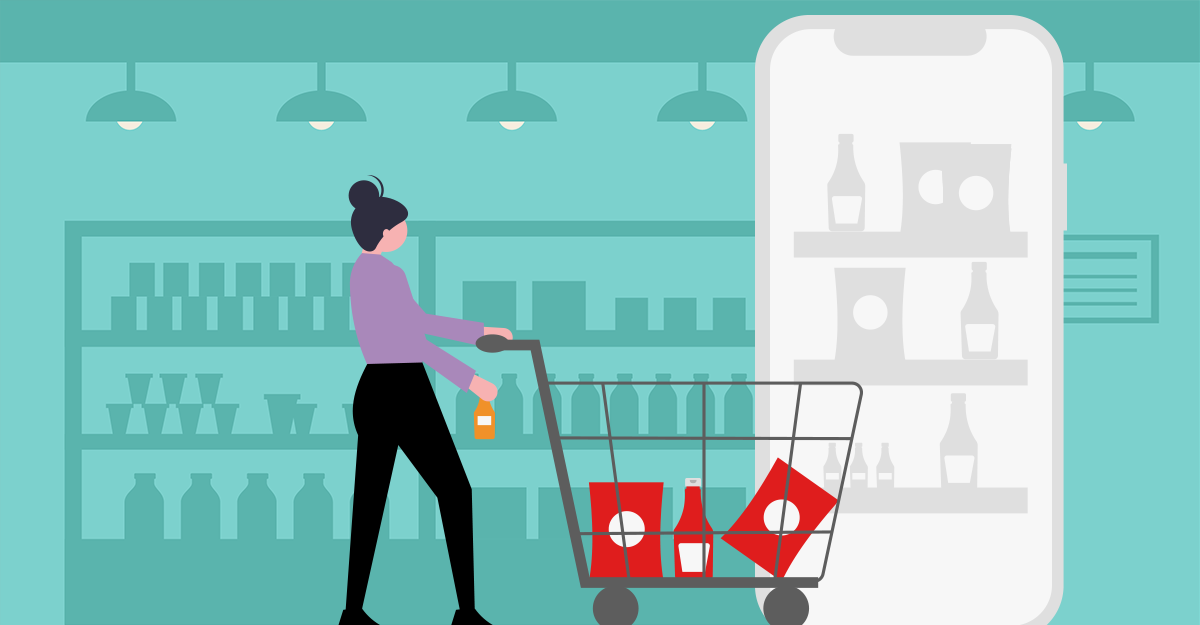In recent years, the Specialty retail industry has faced significant challenges, including increased competition from online retailers and changes in customer shopping habits. To remain competitive, many specialty retailers are turning to innovation, such as using technology to enhance the shopping experience and improve operational efficiency, developing new and unique products, and creating retail strategies that seamlessly integrate online and brick-and-mortar shopping.
While the industry has seen its share of challenges recently, innovation plays a significant role in helping specialty retailers stay relevant and competitive. But how exactly is innovation improving specialty?
Personalized Customer Experiences
Personalization is one of the most significant ways that innovation is improving specialty retail. Retailers can leverage technology to collect customer preferences and behavior data to provide tailored recommendations for:
- Previously purchased and new items they may not be aware of yet
- Customized product offerings based on shopping behavior
- Personalized marketing campaigns that offer relevant deals and promotions
Customer data, like the above, helps retailers create a unique and engaging shopping experience, increasing customer satisfaction and loyalty.
Through other technologies such as augmented reality (AR) and virtual reality (VR), customers can virtually try on clothing or accessories, visualize how furniture or home decor items would look in their space, or even explore products in a virtual showroom. This allows customers to make more informed decisions and provides an immersive and interactive shopping experience.
It's important to note that innovation isn't exclusive to new technologies – it's also relevant to resource allocation. For instance, stores must be mindful of allocating in-store labor to ensure associates can provide helpful interactions. Likewise, assisting customers with checkouts, returns, and payments without waiting in lines also makes the experience more enjoyable and less frustrating.
Pop-up Stores and Experiential Retail
Another way innovation is making specialty retail special is through pop-up stores and experiential retail. Pop-up stores are temporary retail spaces that allow specialty retailers to create unique and immersive brand experiences. These temporary setups will help launch new products, test new markets, or create buzz around a brand.
Take seasonal pop-up stores for example. Halloween and Christmas pop-ups have found significant success in only being open for a few months a year. Why? Because of the shopping experience. Why go to several different stores to build a Halloween costume when you could go to one giant store that has everything you need? Because of its success, more and more businesses are adopting the pop-up approach to test new products, marketing, or demand.
In addition to convenience, experiential and pop-up retail focuses on creating engaging and memorable customer experiences through events, workshops, demonstrations, or interactive displays. By going beyond traditional retail environments, specialty retailers can attract new customers and differentiate themselves from competitors.
Online and Offline Integration
In addition to personalization campaigns and pop-up stores, specialty retailers are coming up with new ways to bring innovation to their cross-channel shopping strategies. With the growing adoption of e-commerce strategies across what has traditionally been brick-and-mortar retail, many specialty retailers now offer online and mobile shopping options, allowing them to reach a broader audience and compete with larger retailers.
They may offer "click-and-collect" services where customers can order products online and pick them up in-store. Alternatively, retailers may allow customers to try products in-store and order them online for home delivery. This integration combines the convenience of online shopping with the tactile experience of in-store browsing.

Sustainability
With increasing customer demand for sustainable and ethical products, specialty retailers are incorporating eco-friendly and socially responsible practices. This includes sourcing products from fair trade suppliers, using sustainable materials, reducing packaging waste, and promoting transparency in the supply chain. Retailers that align with customers' values and prioritize sustainability often enjoy a competitive advantage.
Innovation is playing a significant role in improving specialty retail. Personalization, cross-channel shopping, automation, and sustainability are just a few ways retailers use technology to enhance the shopping experience and stay competitive. As the industry continues to evolve, we can expect to see even more exciting innovations that will shape the future of specialty retail.
Despite the challenges, the specialty retail industry remains a significant part of the global economy, providing customers with unique products and experiences and creating employment opportunities for millions. As technology evolves and customer expectations change, specialty retailers must adapt and find new ways to stand out in the market.






